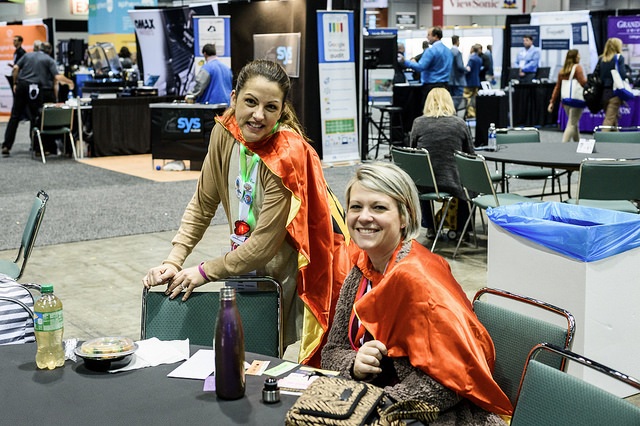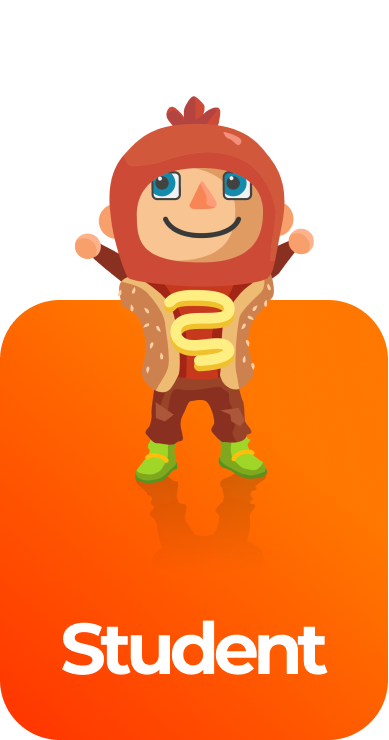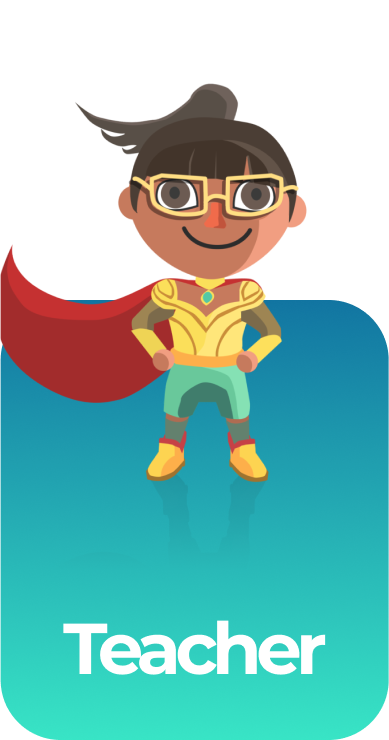Teach Super
We live in a society that idolizes super heroes. Everyone wants to be super, and teachers are no different: They can teach super. An elementary school teacher’s impact on a child surpasses almost anyone else in their life, other than parents and close relatives.
Do you know how important you are to your students?
By sparking curiosity and interest in a subject like science, you can build the foundation for a future career and lifelong passion. But it takes more than just an attentive teacher; it requires making STEM fun and playful.
Just last December, Getting Smart magazine noted how important it is to make science a fun activity. “Implementing a STEM curriculum during the early elementary grades which combines play with direct instruction can lead to long-term interest in these subjects,” writes Tracy Derrell. Maintaining interest from elementary and through middle school requires engagement.
That’s where teaching super comes into play.
The Need for Super Teachers

The need for super teachers is real. Only 34% of 4th grade students achieved a score of “At or Above Proficient” on the science portion of the National Assessment of Educational Progress (NAEP).
The United States needs its youth to take on STEM careers. The country is currently reliant on foreign workers to fulfill its STEM workforce.
So how does an educator make science fun and playful?
For starters, you can make a game of it. That goes well beyond Legends of Learning’s elementary suite of games. There are many ways to make content accessible to students.
For example, consider these eight fun resources we found to help teachers preparing science students for tests. Or find a different way to make science more interesting and applicable to students’ real lives. There are hundreds of such activities across the Internet.
When You Teach Super

Experienced teachers know success often bubbles up as singular breakthrough events that occur during the long march of a school year. Teaching can become a slog, particularly in the winter months when the days are short and the work is long.
But then there’s that student who suddenly comes alive. Or that class that really gets into a lesson. Maybe a former student comes back to visit or reaches out and thanks you for providing that spark.
Consider how these two students fell in love with science as a result of witnessing the total solar eclipse last summer. The experience infused them with a new excitement for science.
So, Legend, every day is a great day to teach super.
Let us know how we can support you.



